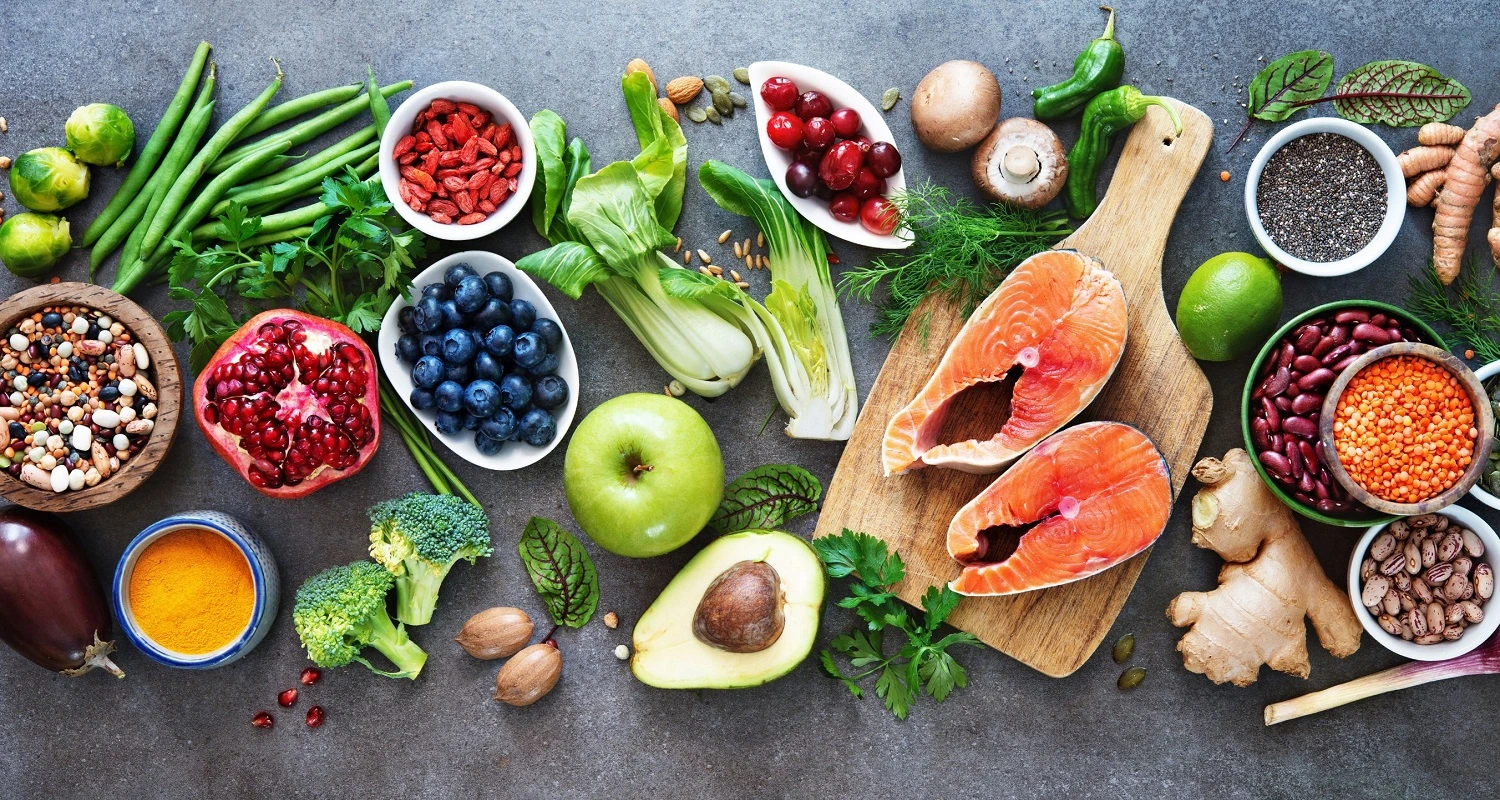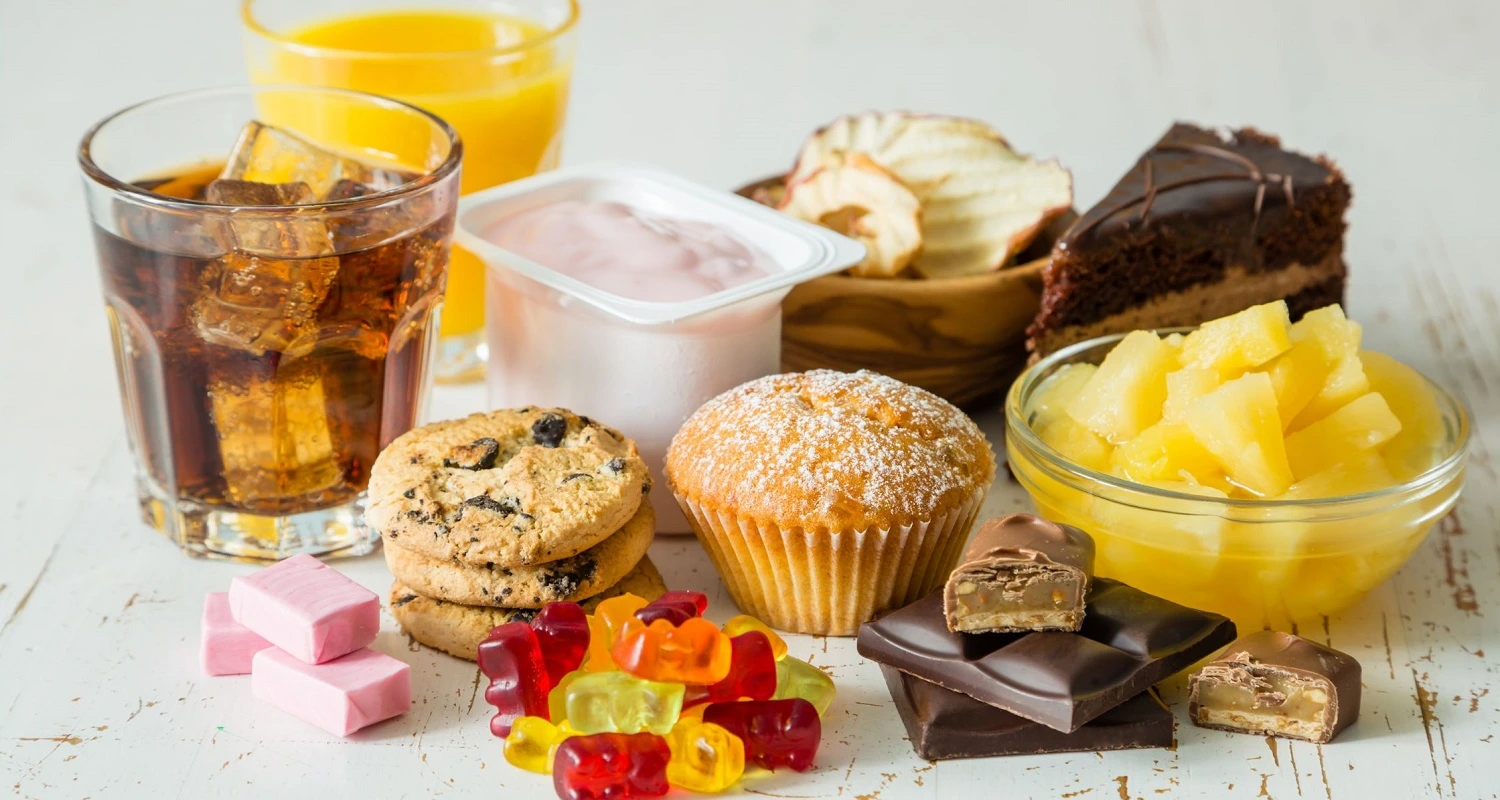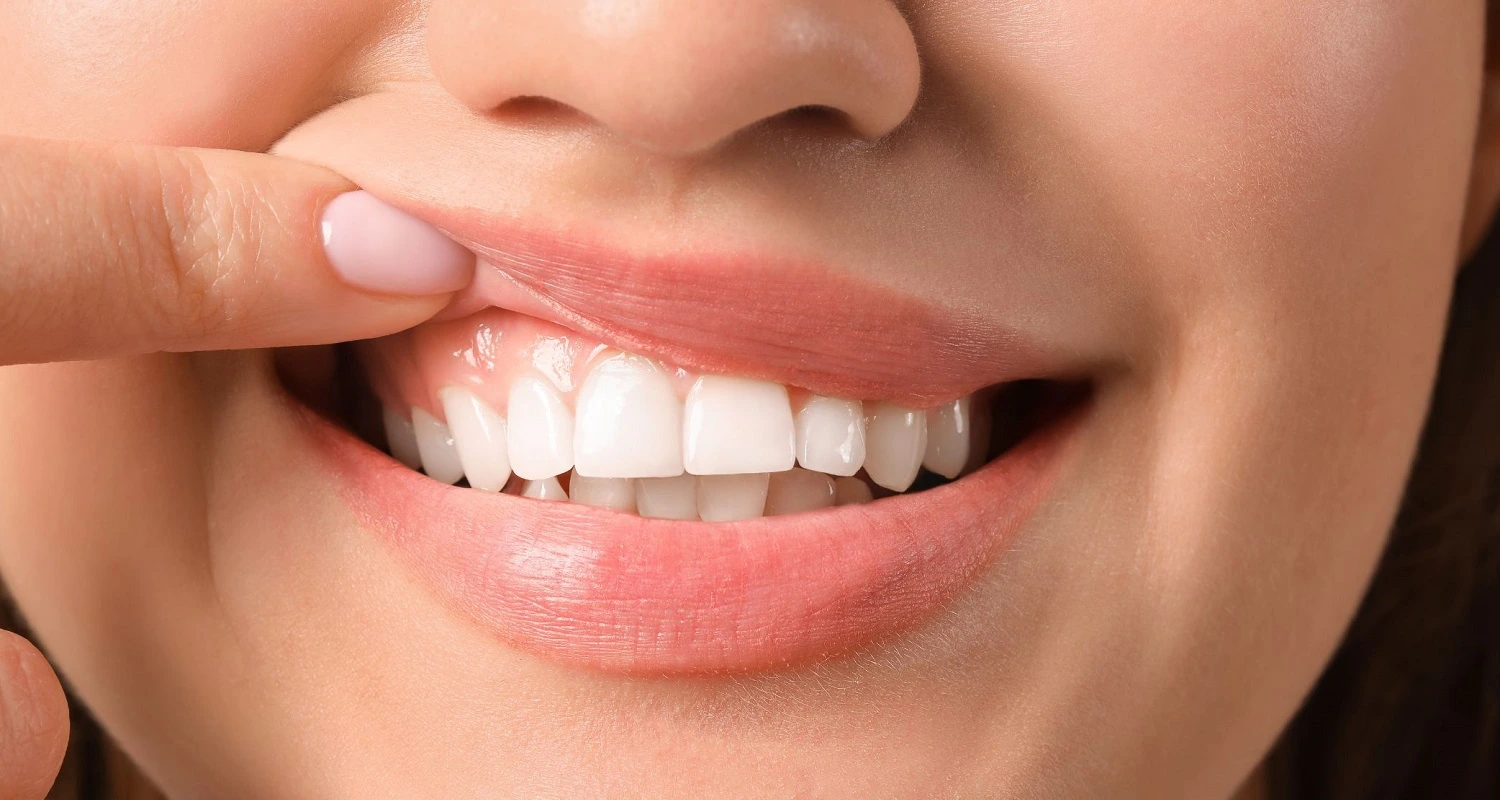Last Updated on: 5th December 2024, 08:25 am
A radiant smile is not only a sign of confidence but also a reflection of good oral health. Beyond daily dental hygiene, nutrition plays a crucial role in keeping your teeth and gums in top condition. In this article, we’ll explore how your diet influences oral health, the structure of your teeth, and the prevention of problems like cavities.
Table of Contents
ToggleWhat is the Connection Between Diet and Oral Health?

What you choose to eat can have a lasting impact on your oral health. The relationship between diet and oral health, as discussed in our “List Of Best And Worst Foods For Your Teeth,” is an essential part of maintaining a vibrant smile throughout the years. A balanced, nutrient-rich diet not only benefits your general well-being but also provides your teeth and gums with the essential elements they need to stay strong and resilient.
Essential foods for strong teeth
1. Milk and Dairy Products: An Essential Source of Calcium
Calcium is a fundamental mineral for the health of your teeth. Strengthens dental enamel and increases the resistance of teeth to decay. Dairy products like milk, yogurt, and cheese are excellent sources of calcium. Opt for low-fat options to benefit from calcium without excess calories.
2. Fish Rich in Omega-3: Take care of your Gums
Omega-3 fatty acids are known for their anti-inflammatory benefits. Keeping gums healthy is essential to prevent periodontal diseases. Salmon, sardines, and walnuts are excellent sources of omega-3s. These foods can reduce inflammation in the gums and promote their long-term health.
3. Crunchy Fruits and Vegetables: Natural Cleanse
Fresh fruits and vegetables like apples, carrots, and celery act as a kind of natural “cleaner” for your teeth. Its crunchy texture stimulates the production of saliva, which helps remove food debris and neutralizes acids in the mouth. In addition, they contain vitamins and antioxidants that benefit both your teeth and your gums.
4. Green Tea: Strengthens Oral Health
Green tea is not only known for its general health benefits but also for its positive impact on oral health. It contains compounds called polyphenols that can inhibit the growth of harmful bacteria in the mouth. In addition, it can help prevent plaque formation and reduce the risk of cavities.
5. Water: Your Best Ally
Water is essential for hydration and for maintaining a healthy mouth. Drinking water after eating helps to remove food residues and neutralize acids. Additionally, water helps stimulate saliva production, which plays a key role in protecting against cavities and maintaining gum health.
6. Nuts and Seeds: Nutrients for a Strong Smile
Nuts and seeds are an excellent source of nutrients that benefit dental health. They are rich in calcium and phosphorous, which strengthen tooth enamel and help keep your teeth strong. In addition, its crunchy texture can help clean your teeth naturally.
7. Cheese: Protect your Teeth after Eating
Cheese is more than a delicious bite. After eating, the pH of the mouth can become more acidic, which can damage tooth enamel. Eating cheese can help neutralize acids and restore balance to the pH in your mouth. Also, like other dairy products, cheese is rich in calcium.
8. Kiwi and Strawberries: Vitamin C for your Gums
Vitamin C is essential for gum health. Helps prevent bleeding gums and promotes wound healing. Kiwis and strawberries are rich in vitamin C, so adding them to your diet can benefit the health of your gums.
Foods to Avoid for Better Dental Health

1. Sweets and sugary foods: Enemies of your Teeth
Foods high in sugar, such as candy, cookies, and cakes, are bad for your teeth. Bacteria in the mouth feed on these sugars and produce acids that create cavities in the teeth, known as dental caries.
2. Sugary Drinks: A Sugar Bath for Your Teeth
Commercial soft drinks and fruit juices contain an alarming amount of sugar. Consuming these drinks exposes your teeth to a bath of sugar, which can increase the risk of tooth decay.
3. Acidic Foods: Erosion of Tooth Enamel
Excessive and frequent consumption of acidic foods such as citrus fruits and tomatoes can be problematic for your teeth. The acid in these foods can erode tooth enamel over time, weakening your teeth and increasing tooth sensitivity. After consuming acidic foods, rinse your mouth with water and wait at least half an hour to brush your teeth, as doing so immediately could increase the risk of eroding the tooth surface.
4. Sticky Food: Catching Problems in Your Teeth
Sticky foods like chewy candies can get stuck between your teeth and in the grooves. This provides a perfect environment for bacteria to grow and contribute to the formation of plaque and cavities.
5. Sugary Snacks: Danger Between Meals
Sugary snacks, such as cookies and sugary granola bars, are popular between meals. However, these snacks often contain sugars and refined carbohydrates that can feed harmful bacteria in your mouth.
6. Dark Drinks: Stains on your Teeth
Coffee, tea, and dark sodas can stain your teeth over time. Its pigments can penetrate tooth enamel, causing pigmentation. If you enjoy these drinks, consider limiting your intake and rinsing your mouth with water after drinking them.
7. Alcohol: Oral Health Risk
Alcohol can cause dry mouth by reducing saliva production. Saliva is essential for the neutralization of acids and the prevention of dental problems. A dry mouth increases the risk of cavities and gum problems.
Tips for Oral Care and Gum Health

In addition to a good diet, teeth require other care to be healthy. Brushing teeth 3 times a day with toothpaste, flossing once a day, and having dental checkups every 6 months are necessary for good oral health. Remember that despite your efforts, it is crucial to schedule regular dental checkups. These visits allow oral health professionals to detect any problems in their early stages. Early detection of problems like tooth decay or gum disease can prevent serious and costly complications down the road. For further insights on how to take care of your gums, feel free to explore this article.
Conclusions
- Good nutrition is essential for healthy teeth and gums.
- By choosing foods rich in calcium, omega-3s, vitamin C, and other essential nutrients, you can strengthen your teeth, prevent problems like cavities, and maintain a healthy smile over time.
- Avoiding foods high in sugar and acid, maintaining a strong oral care routine, and getting regular dental checkups are key steps to maintaining a healthy smile throughout the years.
Frequently Asked Questions
Your food choices and how often you eat them can have a direct impact on your teeth. Plaque, that sticky film of bacteria, forms on your teeth and increases if you don’t remove it daily. The bacteria in plaque use the sugars in your food and drinks to create acids that attack tooth enamel.
A diet rich in fibrous fruits and vegetables.According to the American Dental Association (ADA), foods high in fiber help keep teeth and gums clean. In addition, they stimulate the production of saliva. Along with a good home dental care routine, this combination is your most effective natural defense against cavities and periodontal disease.
Although it is a known fact that soft drinks and sweets can cause cavities, even healthy foods like tomatoes and apples can cause problems. The moment food enters your mouth, your teeth are exposed to acids that erode tooth enamel. The more you consume, the greater the exposure of your teeth to the possibility of cavities.
A lack of essential nutrients, known as malnutrition, can have an unfavorable impact on the oral cavity (such as teeth and gums) and increase vulnerability to periodontal disease and other related oral health problems. Older people face a higher risk of malnutrition and oral health problems.
Contact Us
If you have any questions about this or other topics, you can contact us at Channel Island Family Dental as well as our Facebook page. We look forward to your visit and will make a timely diagnosis. Our dentists in Oxnard, Newbury Park, Santa Paula, Ventura, and Port Hueneme will be able to guide you toward the best treatment to take care of your health and return your best smile.
Bibliography
- Burhenne, M. (Jul 20, 2020). Foods for great oral health: 5 to eat and 5 to avoid. Healthline Media. https://www.healthline.com/health-news/foods-for-great-oral-health-5-to-eat-and-5-to-avoid
- Canadian Dental Association. (s/f). Cda-adc.ca. https://www.cda-adc.ca/en/oral_health/cfyt/dental_care/nutrition.asp
- Diet and Dental Health. (s/f). Mouthhealthy.org. https://www.mouthhealthy.org/all-topics-a-z/diet-and-dental-health
- Diet and oral health. (s/f). Oral Health Foundation. https://www.dentalhealth.org/diet-and-your-oral-health
- Foods and drinks are best for your teeth. (Oct 31, 2021). WebMD.://www.webmd.com/oral-health/diet-oral-health
- Gondivkar, S. M., Gadbail, A. R., Gondivkar, R. S., Sarode, S. C., Sarode, G. S., Patil, S., & Awan, K. H. (2019). Nutrition and oral health. Disease-a-Month: DM, 65(6), 147–154. https://doi.org/10.1016/j.disamonth.2018.09.009



